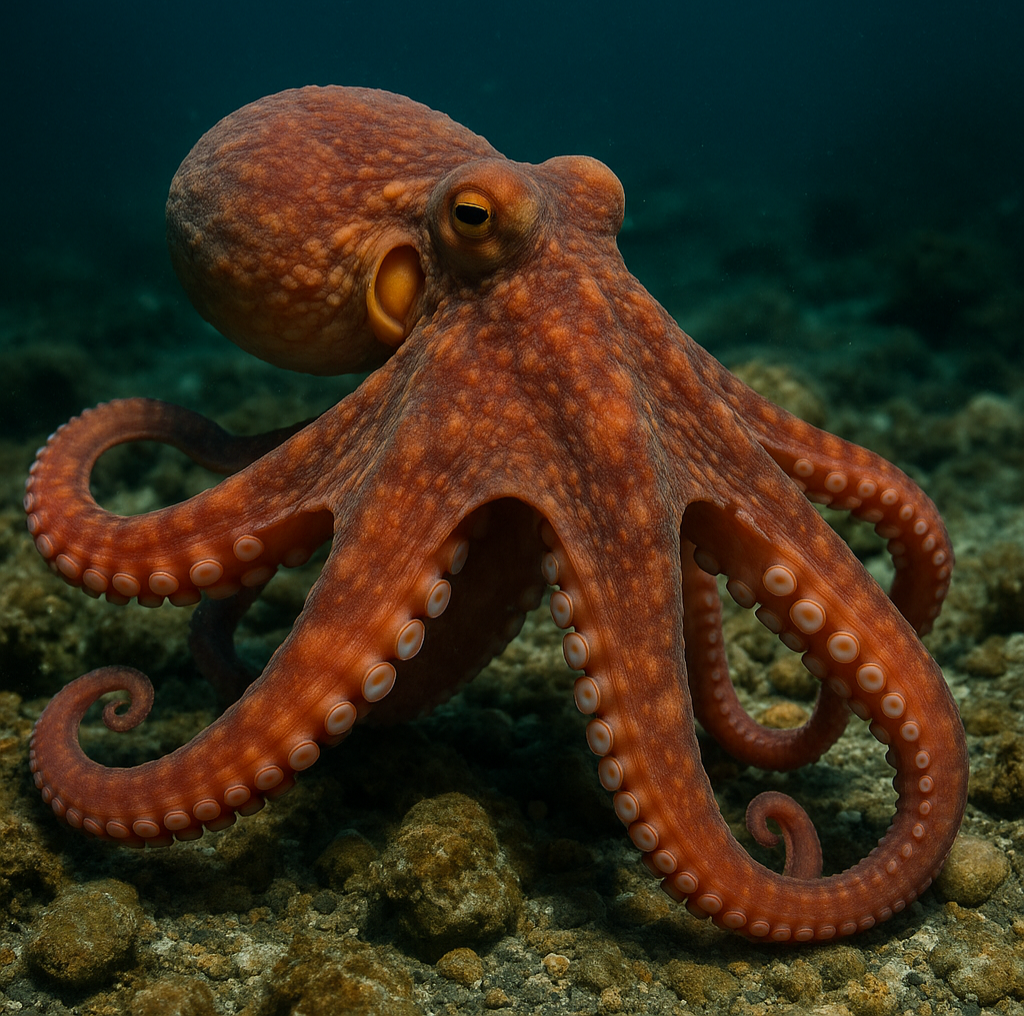Octopuses are basically the mad scientists of the sea—and not just because they’re brainy, have eight arms, and can escape from almost anything. What’s truly wild is that they can edit their own RNA. Yep, while most creatures stick to the genetic script written in their DNA, octopuses say, “Nah, let’s remix it.” Instead of relying solely on evolution over generations, these ocean oddballs can change how their genes work in real time. That’s like rewriting a recipe while you’re already cooking dinner—mid-boil, mid-fry, mid-squirt-of-ink.
RNA is the messenger that carries instructions from DNA to make proteins. Most animals keep that message the same, like reading a strict teleprompter. But octopuses (and their close cousins, squids and cuttlefish) mess with the message on purpose. It’s called RNA editing, and it lets them tweak how their cells behave without permanently changing the DNA blueprint. Scientists think this trick helps them adapt quickly to changes in their environment—like temperature shifts in the ocean—or even fine-tune how their incredibly complex brains work.
In fact, octopuses edit thousands of RNA sites in their nervous systems. That’s practically unheard of in other animals. Imagine if you could rewire your brain every day to get better at video games, learn a language overnight, or just handle Mondays better. That’s the kind of flexibility octopuses are playing with. So next time you see one floating around like an alien sea wizard, just remember: it might be in the middle of rewriting its own biology. No big deal.
|
|

